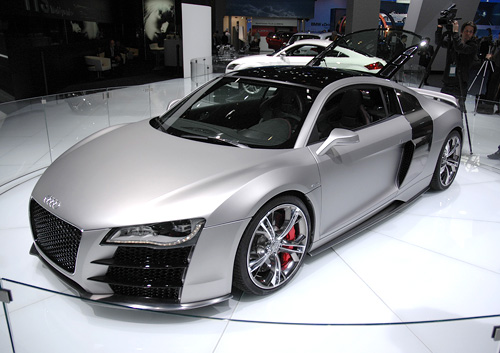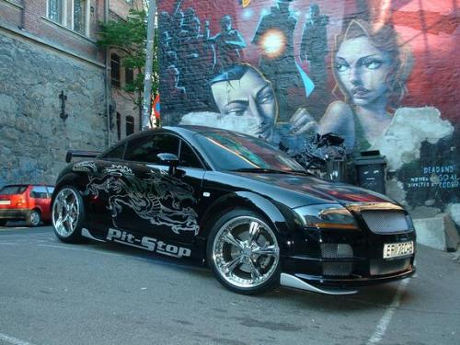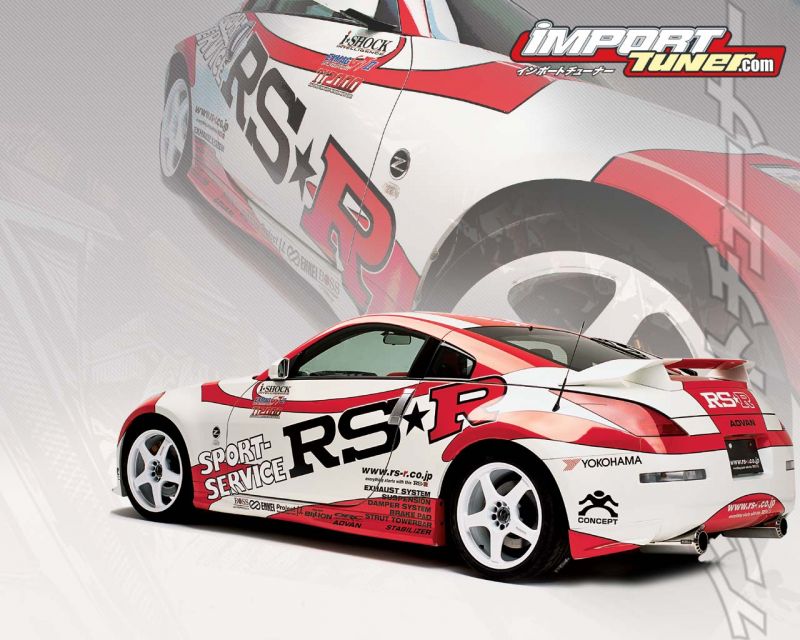
The Nissan March is a supermini produced by the Japanese automaker Nissan since 1982. From 1992 until July 2010 over two million March/Micra cars were built in Europe at the NMUK plant in Sunderland, Tyne and Wear, UK. The original March/Micra (chassis name K10) was introduced in October 1982 as a challenger to the highly successful Honda City. It was intended to replace the Nissan Cherry as the company's competitor in the supermini sector, as the Cherry model itself had progressively become larger with each successive generation.
The second-generation K11 was built and launched in Japan in early 1992, and released in Europe in the fourth quarter of the year. The Micra (as it is known in Europe), was the second model after the Primera built in Nissan's NMUK plant in Sunderland. It was powered by brand new all-aluminium 1.0 L (CG10DE) and 1.3 L (CG13DE) DOHC 16 valve engines, with 55 PS DIN (40 kW/54 hp) and 75 PS (55 kW/75 bhp) respectively (higher outputs in Japan), both with ECCS (Electronic Concentrated Control System) fuel injection.
In late 1997, a Facelift version was introduced, and were built from late 1997-early 2003. The cumulative visual changes from the first models included a revised front grille and headlights, redesigned front and rear bumpers, oval instead of round side repeater indicators, minor changes to internal controls, slightly desaturated colours on the rear light lenses, a redesigned rear wiper which rests horizontally instead of vertically, the centre high level brake lamp being reduced in size and mounted at the top of the rear window, instead of on the parcel shelf, and a radio aerial repositioned from the top of the right-hand A-pillar to the middle of the roof towards the rear.
The next version of the March/Micra, the K12, was unveiled in 2002 Paris Motor Show as the Nissan mm Concept. It was introduced to the Japanese market in late 2002 and to Europe in early 2003. The car was radically redesigned: it featured a new, 70 mm longer wheelbase (developed with Renault) and an even more curvy exterior that was taller and slightly wider. Its most distinctive feature was a pair of prominent headlamps that extended to the wing-tops. Other additions included a sliding rear seat and the option of keyless ignition on higher specification models.
In late 2007, the Nissan March/Micra was facelifted again. It has had several cosmetic tweaks: every model now features the standard racing grille taken from the K12 160 SR; the front headlights have been tidied up (incorporating light blue-tinted sidelights) and the grilles housing the indicators are edged in chrome. In addition, the B-pillar trims are no longer colour-coded. Inside, there are new seat fabric designs, and the dashboard features parts taken from other Nissans. New equipment includes an audible speed warning, bluetooth connectivity with the vehicle and reversing sensors. All models (save for entry-level) are fitted with sport bumpers and spoilers on the sides and rear.
The first sketches of the latest generation Nissan March/Micra were unveiled on 1 October 2009, referred to as W02A, later referred to in Nissan press releases as K13. Nissan has stated that the model will be built in five countries, but only four are confirmed so far: Thailand for the Japanese and South-East Asian market, India for the local and European markets, Mexico and China for the local market. Nissan launched the new Nissan Micra globally on 2 March 2010 at the 80th Geneva Auto Show in Switzerland. It will be sold in more than 160 countries, including Thailand in March 2010, India in July 2010, and Europe in November 2010.

More
Nissan March Picture





















































